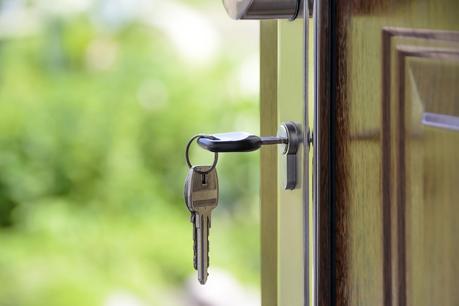
1. Do Research to Fully Understand the Commercial Real Estate Market
If you’re just beginning to invest in real estate, you’ll find that there’s a lot to learn. Real estate investing is more complicated than most investments. For that reason, give yourself a solid education before you purchase your first investment property. Learn what the insiders know and how to think like a professional. Find out the reasoning behind the valuation of commercial property. For example, research on why commercial property is valued differently than residential property.2. Identify an Ideal Location
Location matters. We have situations whereby there are very good commercial properties, but in the wrong location, which could cause immense loss. Before you make the final decision on a property, ensure that it’s in a good location. If you are a beginner, it would be best to go with the least expensive deal that is on the best or busiest street. Consider and tour many different properties. Figure out what works and what doesn't about each of them for you. Properties located near universities, hospitals, or downtown areas will generally have a higher value and sell more quickly. To make the best decision on location and related factors, check out property websites such as http://www.liveloveathome.com/.3. Hire an expert
Buying commercial real estate is often a complex process. You'll likely need to hire experts to help with some of the steps. Depending on the property you're looking to buy, you will need at the very least an accountant, commercial real estate lawyer, commercial realtor, and a mortgage broker. Remember, this is added cost hence you can try and do some things on your own. Invest in researching so that you can be able to correctly and efficiently carry out some of these tasks on your own. Expert advice is of importance as it helps you have a smoother and shorter process.4. Have Your Financing in Order
By the time you are thinking of investing in commercial real estate, it means that you have already planned yourself out financially. The first part of the financing process is to answer questions such as; what type of banks, credit unions or other home mortgage company could you use? What kind of credit do you have and what kind of interest rate could they give you? Ensure that your budget includes all hidden costs. You should also resist the temptation to sway lenders with overly optimistic forecasts—payment problems down the line can boost costs5. Learn the Commercial Real Estate Language
Most commercial real estate investors are long-term investors. You want to learn and equip yourself with most if not all the real estate terms. This will make this process and working with people in the industry easier. To state but a few, you will need to understand terms such as;· Cash on Cash: Annual income over how much you actually invested. The amount invested could be just the amount your down payment was.
· Net Operating Income (NOI): This is calculated by evaluating the property's first year gross operating income and then subtracting the operating expenses for the first year. You want to have positive NOI.
· Capitalization Rate (Cap Rate): Income of the property divided by the total value of the property. It is used to calculate the value of income-producing properties.
Ultimately, real estate investing has significant advantages and disadvantages at the same time, and the decision to invest in real estate is unique to each investor. When done right, real estate investing offers the potential for great returns.
